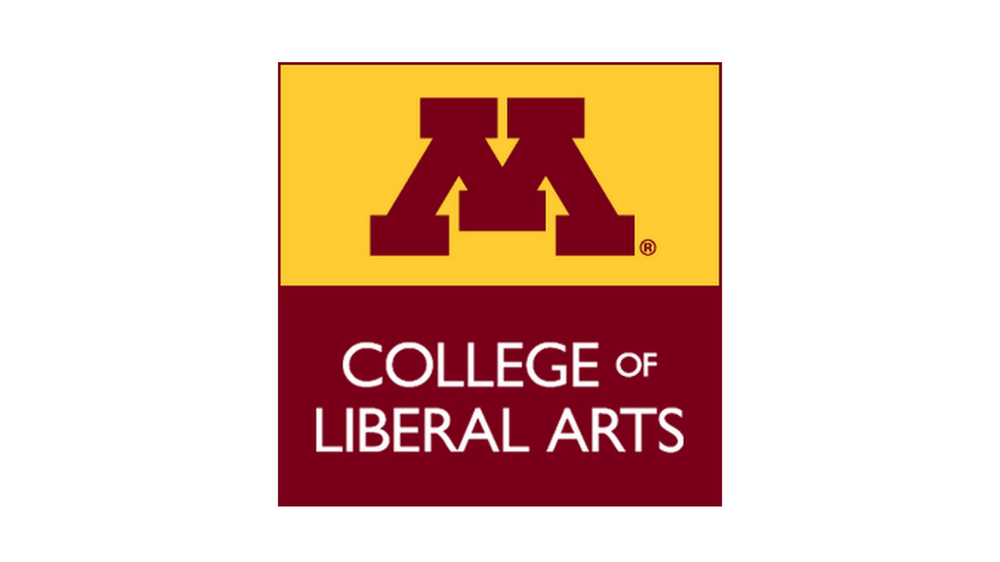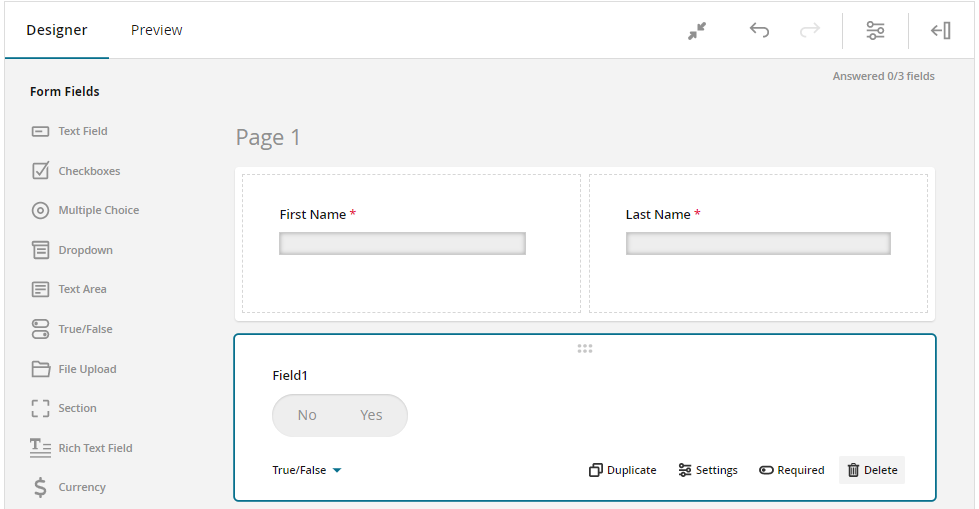In a competitive process for funding or recognition, final decisions may need to be made by digging into every part of the submission package. Beyond the core materials, reference letters add supplementary information from a different perspective than the applicant. This documentation is invaluable throughout the review process, but especially when sifting through applications with similar overall merit.
Below are good questions to ask when considering the best way to utilize reference or recommendation letters in your programs or processes.
1. Whose perspective(s) would be most helpful?
For faculty programs, chairs, deans, or co-PIs are the obvious choices but consider students’ input as well. Especially if the application involves non-research information, classroom or even extracurricular commentary can be helpful.
2. How many letters should we request?
Another way to ask this is: What is a reasonable number of letters to pass on to our reviewers to read? For most processes, it’s like in the 2-4 range. Beyond that, it’s unlikely the content is adding anything new to the overall application.
3. How much should the letter content be emphasized in relation to the overall review?
This can be challenging to gauge and enforce, but it is important to communicate during the review process. Should letters be scored or evaluated separately and then added into the total score? Or are they essentially another document with equal weight to a CV or project proposal?
4. Should we allow the applicants to see the letters?
The benefit of keeping letters private from applicants (and telling letter writers that they will be confidential) may result in more honest assessment and feedback about the applicant. However, sharing the letters with the applicant is more transparent and can better support overall learning outcomes and personal growth, especially for student programs.
As with any process, there is often not a singular “right” or “wrong” way to manage different components. When considering using reference letters, keep your ultimate programmatic goals at the forefront.
Remember the InfoReady team is here to help. We can talk through the process, data and more. Send us a message at info@inforeadycorp.com




